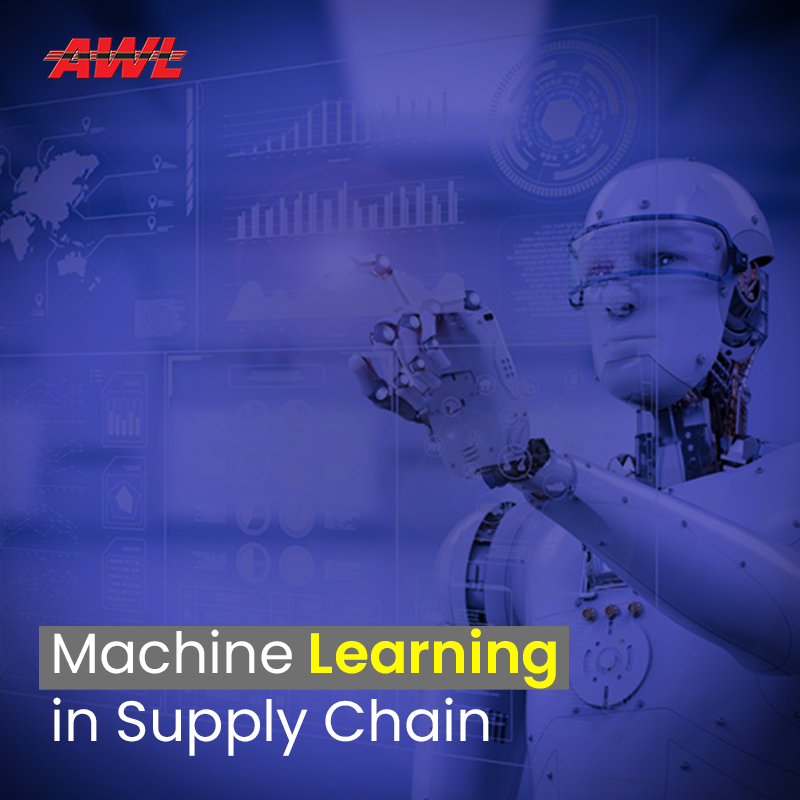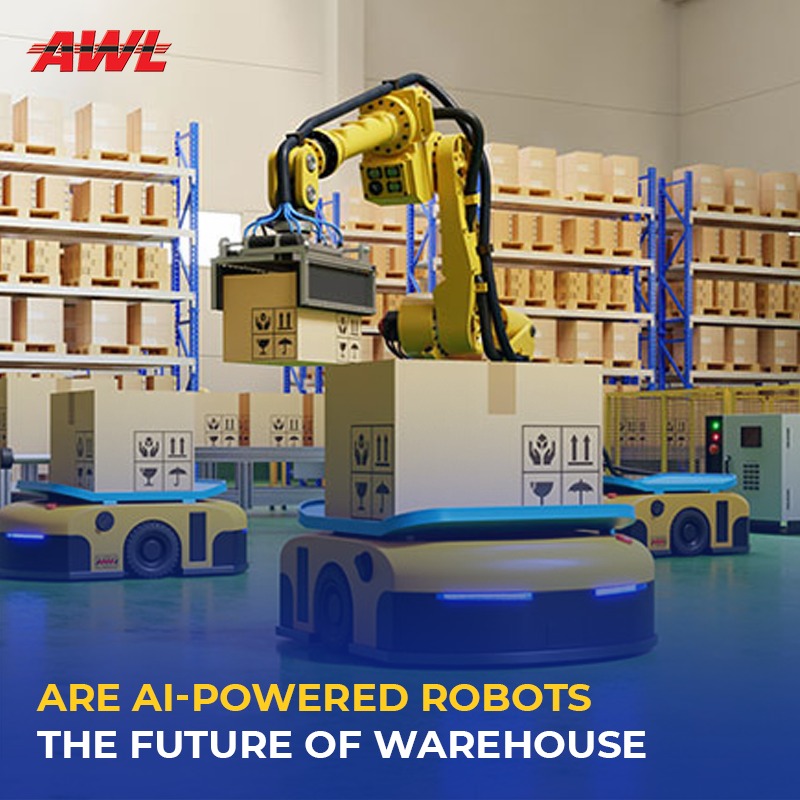

A traditional system of supply chain management would require a set of rules as defined by the programmer and feed the same into systems which produce the expected outputs. This functioning method works well with a limited data set, as the data sets grow and more complex rules are added, machine learning lets us to achieve those results which would have been extremely difficult using traditional methods.
With the use of machine learning, the systems does not require a predefined set of rules however it figures out the rules itself and gives the required inputs, produces the expected outputs without any rules being fed. Whenever any new data set is fed into the machine, it makes the required predictions for it all the while continuing to learn and adjust as data relationships evolve over time.
Systems incorporated with Machine Learning also require programming but instead of teaching how to learn these instructions teach the machine what to learn. With enough data and the right learning algorithms, machine learning can discover insights and patterns that humans could miss, and do it much more efficiently.
Use of machine learning has huge potential in the field of supply chain management, it can used to improve customer service activities by more efficiently routing customers to the information they need.
Use of machine learning for inventory management can help predict growth demand and drop. Real time inventory management with machine learning can assist in detection of excesses and shortages of stocks in your store on time. This helps to prevent sales losses, inspect storage and check the inventory every now and then in a more accurate way.
Supply Chain Planning – Machine learning in supply chain helps to optimize decision-making processes through AI algorithms from analyzing massive data sets. It ensures wider planning functionality, producing accurate results and makes it a powerfully reliable tool in your business.
Demand Prediction – Machine learning-powered demand prediction algorithm provides a more improved demand forecasting function. Analysis of customer behaviour, can help match buying habits and customer portfolios with precision.
End-to-End Visibility – Machine learning algorithms play a key role in providing end-to-end visibility from suppliers and manufacturers to stores and customers and eliminating the probability of conflicts as the technology can accurately identify inefficiencies that require immediate response.
Many Supply chain managers have benefited from machine learning by reducing time spent on repetitive tasks, improving the responsiveness of our customer service. Machine learning can be used to capture and store a tremendous amount of logistics data, which creates a plethora of opportunities when it comes to machine learning. With this technology, we can improve our ability to automate processes, increase efficiencies and provide insights, allowing us to provide higher value to our customers.

